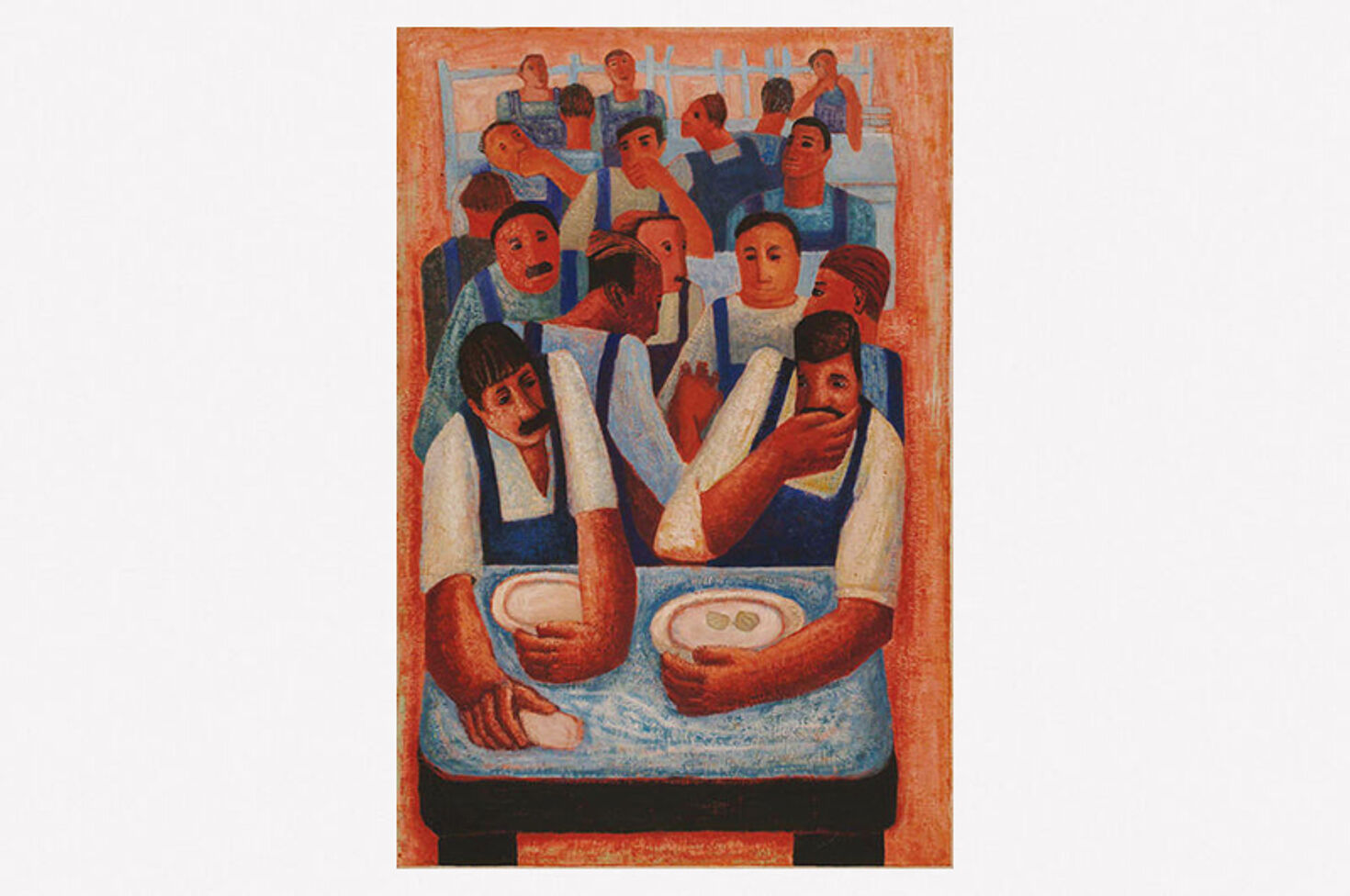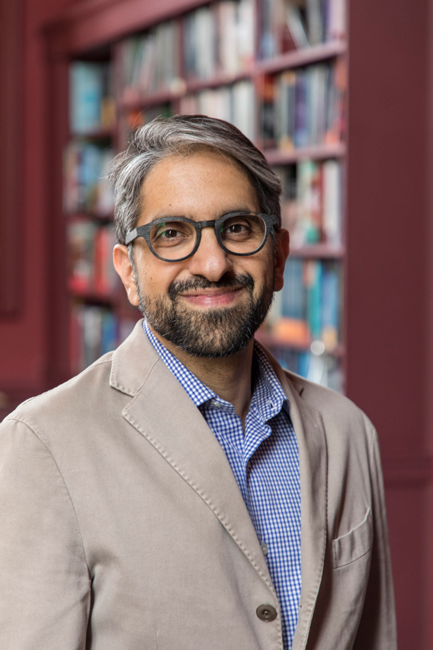
Berlin Liberal Arts Talk in cooperation with Bard College
A Journey Through Modern Political Art in the Arab World
Tuesday, 18 April, 7 p.m., admission from 6:30 p.m.
Grisebach, Fasanenstrasse 25, 10719 Berlin
Please note:
Advance registration is required for this event. Please register here by April 9, 2023.
You are cordially invited to join us for the first Berlin Liberal Arts Talk featuring the lecture A Journey Through Modern Political Art in the Arab World by Sultan Sooud Al-Qassemi on April 18, 2023. In the tradition of liberal arts education, this new lecture, jointly established by Grisebach and Bard College Berlin, will address the importance of artistic work in our world, both with a view to history, the present, and the future – be it creative, philosophical, political, or social.
This talk shall survey the political underpinnings of Arab art in the 20th century and the socio-political conditions that shaped cultural production in the region. Whether it is under the Baathist regimes of Syria and Iraq, or under Egypt’s pan-Arabism championed by Gamal Abdel Nasser, painting and sculpture, as well as music, film, and literature have been employed by various governments as a tool of soft power to propagate their policies to the public not only in their respective states but throughout the region and beyond. Despite this widespread government patronage of the arts, many artists have chosen to challenge the authorities through subversive movements and practices. By focusing on creative practices and the strategic use of the arts, this presentation will shed light on an important dimension of the modern history of the Arab world and other parts of the Middle East.
Sultan Sooud Al-Qassemi
Sultan Sooud Al-Qassemi is an acclaimed Emirati columnist and researcher on social, political and, cultural affairs in the Arab Gulf States. He is also the founder of the Barjeel Art Foundation, an independent initiative established in 2010 to contribute to the intellectual development of the art scene in the Arab region. He has taught 'Politics of Modern Middle Eastern Art' at New York University, Yale University, Georgetown University, Boston College, The American University at Paris, Columbia University, and at Bard College Berlin, where he currently teaches. Al-Qassemi is also a spring 2023 fellow at the Wissenschaftskolleg, The Institute for Advanced Study in Berlin.
About Bard College
Closely linked to Bard College Annandale and its history as a beacon of freedom of thought for scholars such as Hannah Arendt, Heinrich Blücher, and Philipp Roth, Bard College Berlin enriches Germany’s academic and cultural life with an interdisciplinary program in the humanities and social sciences. Bard College Berlin was founded in 1999 as the European College of Liberal Arts (ECLA) by a group of German intellectuals and entrepreneurs, with the aim of providing a high-quality, small-group seminar, and teaching-oriented international program of advanced study for undergraduates of particular promise wishing to study in English. In November 2011, Bard College Berlin merged with Bard College in Annandale (US) an early supporter and the first U.S. college (in 2002) to grant academic credits for work done in Berlin. With a long-standing commitment to liberal arts education, Bard College is at the center of a global educational network that includes Al-Quds University in East Jerusalem; the American University of Central Asia in Bishkek (Kyrgyzstan); and the Central European University (CEU) in Vienna (Austria) and Budapest (Hungary). In January 2020, Bard College Berlin became part of an even wider network, when the Open Society University Network (OSUN) was founded by George Soros with Bard College and CEU serving as its academic pillars.

